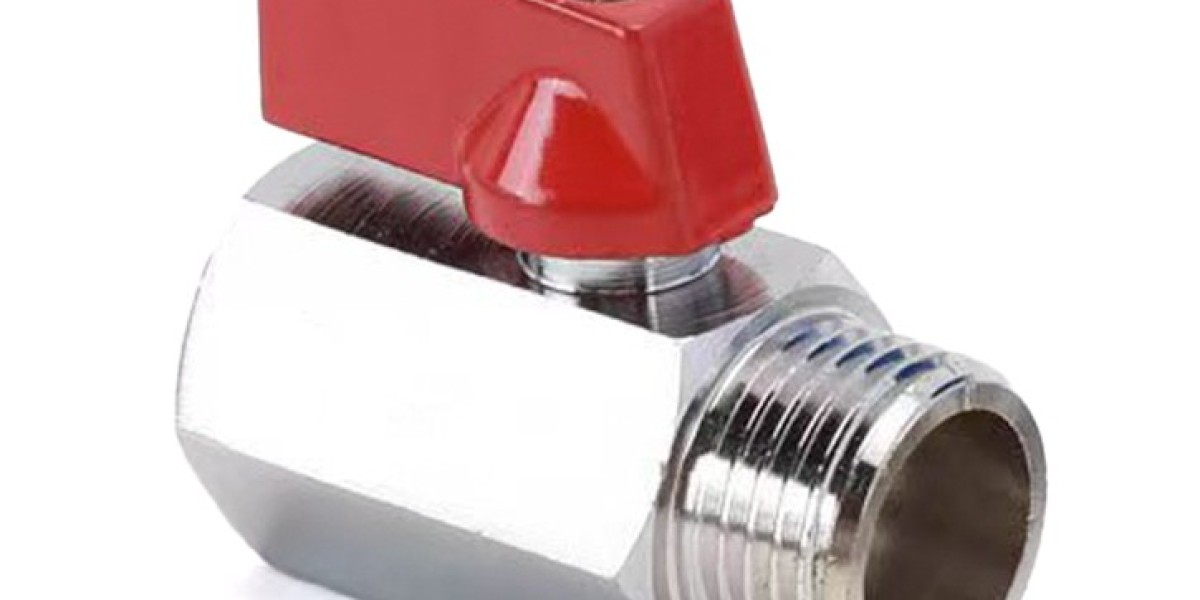Mini valves are compact components widely used in many industries to control the flow of liquids and gases efficiently. Their small size and precise functionality make them suitable for applications where space is limited and control accuracy is important. Understanding the range of applications helps illustrate why mini valves are commonly selected for many systems.
In the medical industry, mini valves play an important role in devices such as infusion pumps, respiratory equipment, and diagnostic machines. These valves regulate fluid or air flow in a controlled manner, which is critical for patient safety and treatment accuracy. Their ability to operate reliably in small-scale, sensitive environments makes them valuable in medical technology.
Automotive systems also benefit from the use of mini valves. They are often found in fuel systems, cooling circuits, and emission control devices. By managing the flow of liquids or gases precisely, mini valves help optimize engine performance and reduce environmental impact. Their compactness allows them to fit within complex engine assemblies where space is constrained.
In laboratory and scientific instruments, mini valves provide accurate flow control for gases and liquids used in experiments and analysis. Applications include chromatography, mass spectrometry, and chemical synthesis. The precise regulation offered by mini valves ensures repeatable results and enhances the efficiency of laboratory processes.
Industrial machinery often incorporates mini valves into pneumatic and hydraulic systems. These valves control the movement of actuators and the flow of fluids that power machinery components. Mini valves help maintain system stability and responsiveness, contributing to smooth operation and improved productivity. Their durability in harsh environments supports long service life.
In the food and beverage industry, mini valves are used in processing and packaging equipment. Controlling flow rates of ingredients, cleaning solutions, or gases ensures product quality and hygiene. The valves are designed to meet industry standards and maintain safety in applications involving consumable goods.
Environmental and water treatment systems also utilize mini valves to regulate the flow of water, chemicals, and air. Their precise control assists in processes such as filtration, disinfection, and chemical dosing. This helps maintain system efficiency and ensures compliance with environmental regulations.
Mini valves are also found in consumer products like coffee machines, water dispensers, and home appliances. In these applications, they provide controlled flow of water or steam, contributing to the convenience and functionality of everyday devices.
The versatility of mini valves is supported by a range of materials and designs tailored to specific application needs. Some valves are constructed from corrosion-resistant materials for use with aggressive fluids, while others focus on compactness or ease of installation.
In summary, mini valves serve important functions across many fields due to their size, precision, and reliability. Their application in medical devices, automotive systems, laboratories, industrial machinery, food processing, environmental treatment, and consumer products highlights their adaptability and usefulness in modern technologies.



